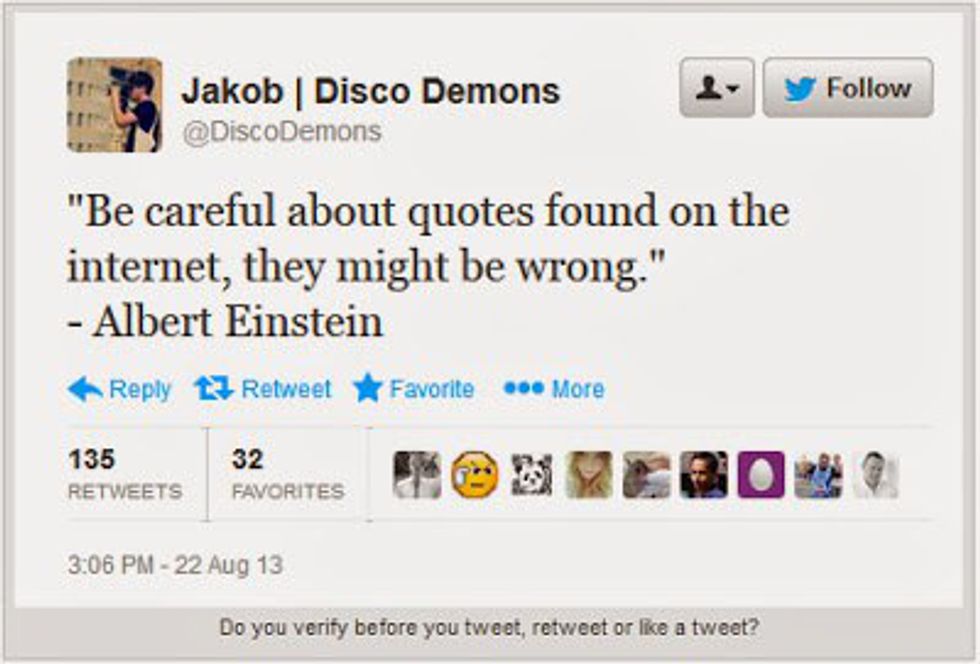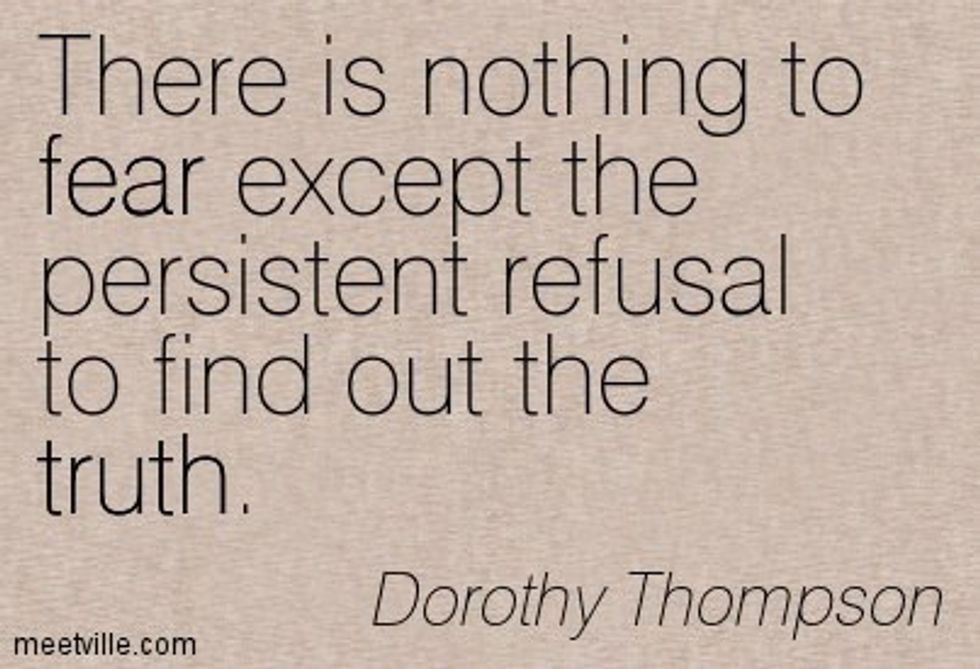In a world where print journalism is considered old school, and anyone can find countless news articles by simply scrolling down their Facebook newsfeed, it can be difficult to find the truth in what we read. As a journalist, my job is to produce fair and honest news with integrity, and I have learned to always look for the same in other sources. I’ve picked up a few tips to help me get the most accurate and fair news, and I’d like to pass them along so that you can do the same.
1. Check the Date

The first thing I do when I see an interesting (or controversial) article on the Internet is check the date. I’ve seen countless articles that begin to recirculate years after the initial publish date just to gain some clicks because the topic is trending again. The information in these articles may have been accurate at the time it was written, but it may no longer apply.
2. Check the Source
![]()
It is so important to check your source. There are tons of satire news sites out there, such as The Onion, which will put out relevant but inaccurate articles. I’ve seen quite a few heated arguments on Facebook over satirical news sites.
Additionally, the name of the publishing site itself may reveal a bias. If the website contains the words “right wing” or “left wing,” you are likely going to get an article from that side of the argument alone. This will not make for a fair article, so you have to take what it said with a grain of salt. Furthermore, check the author. Is this author credible on the matter? A quote from a doctor about the effects of medical marijuana is great, but what kind of doctor is he or she? A plastic surgeon may not be as credible on the topic. Is the author the only one who is speaking in the article, or is there an excerpt from someone else’s writing? Also question the motive of the author. Does he or she have anything to gain or lose by writing such an article?
3. Read the Whole Article

4. Read More
Read at least two more articles on the same topic from different sources. If one article sways one way, read an article in another publication that sways the other. You need to see all sides to a story in order to find the truth in it. Even for the most reliable and fair journalist, it is hard to completely eliminate a bias when writing. Be on the safe side and read more.
5. Seek Out Accurate News Sources

Save time by eliminating news sources that aren’t fair and accurate from your newsfeeds, apps, and favorites. Work to find news sites or apps that simply state the facts. Local news sites are usually a good way to get fair journalism, while the bigger and more mainstream companies may be more partial. Personally, in addition to local news sites, I use the Breaking News app and The Skimm. Breaking News just sends me push notifications when things happen, stating it all in a matter-of-fact way. There is no room for bias. The Skimm is a daily email with the news explained in easily understood language, no jargon. I’ve found them to be very fair news sources that help me decipher the news for myself.
6. Research
The most important tip I have is to put on the journalist cap and do some research. Double check the information you read with other reliable and trusted sources. Don’t be afraid to ask questions or to reach out to people who will know more on a topic.
Nowadays, anyone with access to the Internet can produce news. As amazing as that is, we must also be cautious and question what we read. Don’t believe everything you read online, or even in print. Take the news into your own hands by using these tips so that you can know with full confidence that you are an informed individual.

























